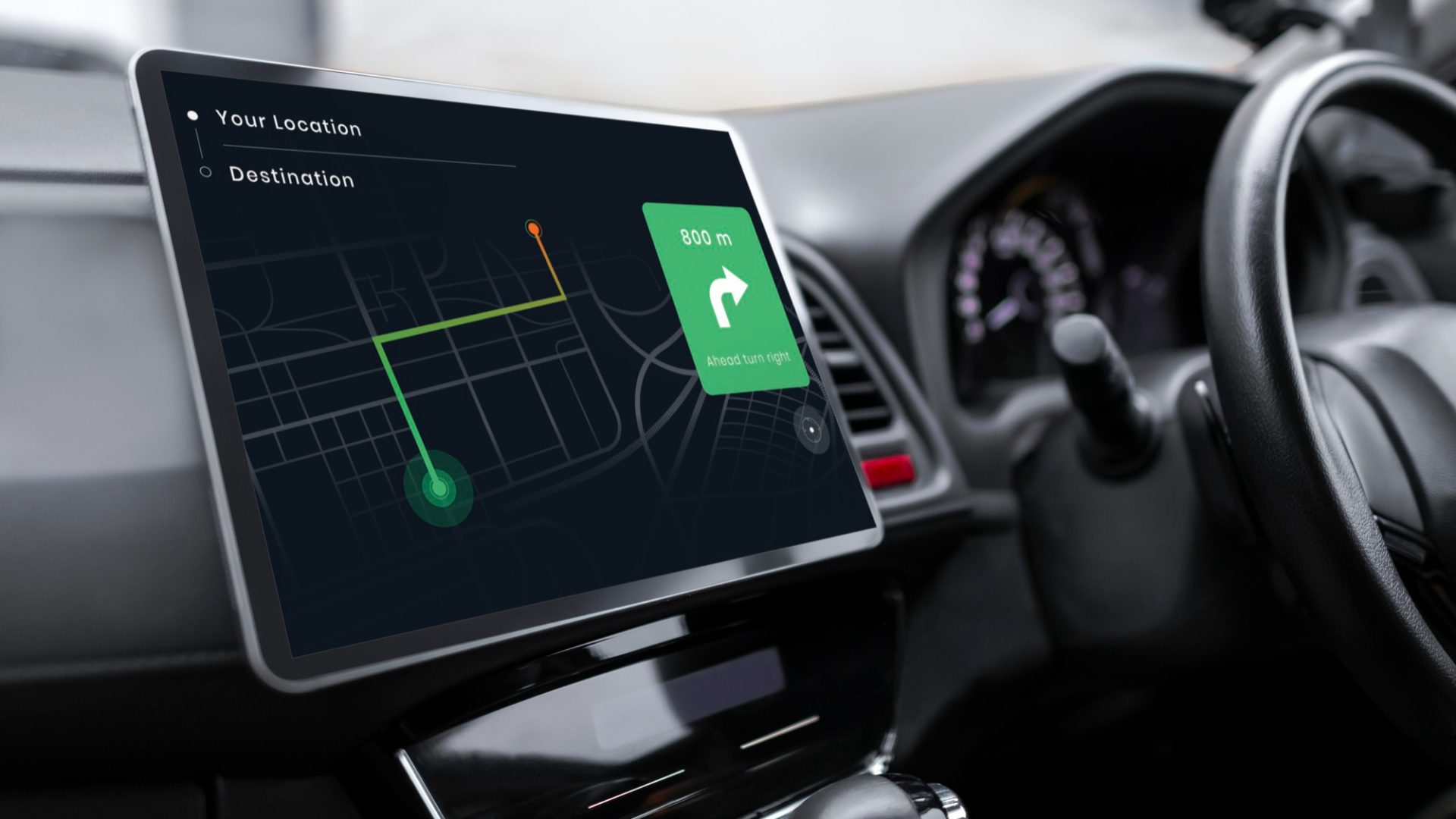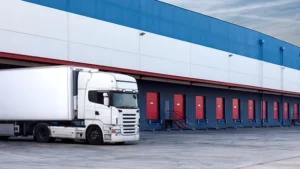
AI Route Optimization: Revolutionizing Modern Logistics for Maximum Efficiency
In today’s fast-paced supply chain environment, delivery speed, accuracy, and cost-efficiency are critical for business success. As logistics operations become more complex across regions like Singapore, Indonesia, the Philippines, Malaysia, Vietnam, and Thailand, companies are turning to AI-powered route optimization to streamline operations, reduce costs, and improve last mile delivery performance.
What is AI Route Optimization?
AI route optimization uses artificial intelligence, real-time data, and advanced algorithms to determine the most efficient routes for delivery vehicles. Unlike traditional route planning, AI considers multiple dynamic factors such as traffic, weather, delivery time windows, fleet availability, and warehouse readiness—delivering faster, smarter, and more cost-effective logistics.
Key Benefits of AI-Powered Route Optimization
1. Reduced Delivery Time and Costs
AI helps minimize fuel usage, avoid traffic congestion, and consolidate stops effectively, contributing to a lower total cost of operations.
2. Improved On-Time Delivery Rates
Smart route adjustments in real time ensure accurate ETAs, enhancing customer satisfaction and supporting e-commerce logistics demands.
3. Better Fleet Utilization
With AI, logistics teams can optimize driver assignments and fleet routing, ensuring no vehicle is under- or over-utilized.
4. Real-Time Response to Disruptions
AI provides real-time transport visibility and dynamic rerouting in case of unexpected events, such as traffic jams or vehicle breakdowns.
5. Integration with WMS and TMS
When integrated with a Warehouse Management System (WMS) and Transport Management System (TMS), AI route optimization enables end-to-end order flow, load optimization, execution management, and better carrier management.
Use Cases of AI Route Optimization
- Parcel and last-mile delivery
- Cold chain logistics with temperature-sensitive routing
- Same-day delivery and urban fulfillment centers
- Point-to-point distribution for high-volume retailers
Why It Matters Now
With labor shortages, rising fuel costs, and the rapid growth of global supply chains, businesses cannot afford inefficiencies. AI route optimization provides the digital backbone for predictive, agile, and automated logistics—empowering companies to make smarter decisions faster.
Conclusion
AI-driven route planning is not just a trend—it’s the new standard for logistics excellence. When paired with robust transport management software and a warehouse management system, businesses gain full visibility, lower risk, and better control across the supply chain.



